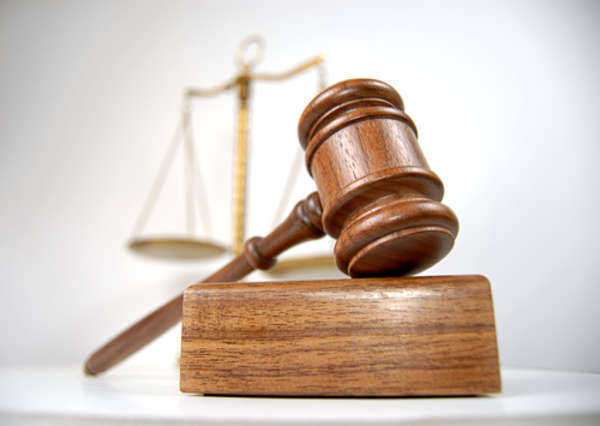Civil Action
Civil Action: Understanding the Basics
Civil action is a legal process that allows individuals or entities to seek justice and compensation for damages or harm they have suffered. Civil action can be initiated by a variety of individuals or entities and can involve a range of legal issues. This article will outline the basics of civil action and what you need to know if you are seeking legal recourse for damages or harm.
Introduction
Civil action is a legal process used to resolve disputes between individuals or entities concerning non-criminal matters. In a civil action, the plaintiff seeks relief from the defendant for a harm suffered. Civil actions can range from breach of contract to medical malpractice to personal injury.
Plaintiff and Defendant
The plaintiff is the individual or entity who initiates the legal action seeking compensation or damages for the harm they have suffered. The defendant is the individual or entity that the plaintiff is seeking relief from for the harm they have caused.
Legal Counsel
Legal counsel is essential in a civil action to ensure that the rights and interests of the plaintiff are protected. If you are considering legal action, it is essential to seek the advice of a qualified legal professional who has experience in the area of law that your civil action falls under.
Burden of Proof
In a civil action, the plaintiff has the burden of proving their case. The plaintiff must provide evidence to the court that proves that the defendant caused the harm they suffered and that the damages being sought are appropriate.
Discovery Process
During the discovery process, both the plaintiff and defendant are required to provide evidence that may be relevant to the case. This may include documents, witness statements, and other forms of evidence. The discovery process is designed to ensure that both parties have access to all the information necessary to create a fair and just legal system.
Settlement
In some cases, a civil action may be resolved before it reaches a trial. The parties may reach a financial settlement or another type of agreement that resolves the issue without going to court.
Conclusion
Civil action is an essential aspect of our legal system that allows individuals or entities to seek justice and compensation for harm or damages they have suffered. It is essential to remember that seeking legal recourse is a complex process that requires the guidance of an experienced legal professional. If you are considering a civil action, it is essential to seek the advice of a qualified legal professional who can help you navigate the process with confidence and provide you with the best possible outcome.
A civil action is when a person decides to bring another individual to civil court. Prior to beginning this process, it is vital to make sure that you do, in fact, have a court case. This can be done by contacting a legal representative. After doing so, the first step of taking a person to civil court is filing a civil action.
A civil action can be filed at a courthouse. When filing a civil action, a small fee will be required. After the paperwork is filed and the fee is paid, the opposing party will receive notification of the lawsuit in the mail. The individual will also receive a summons and a court date.

During the time period before the civil court case, it is important to meet with your lawyer and discuss your case. This will allow both you and your lawyer to be ready for the case.